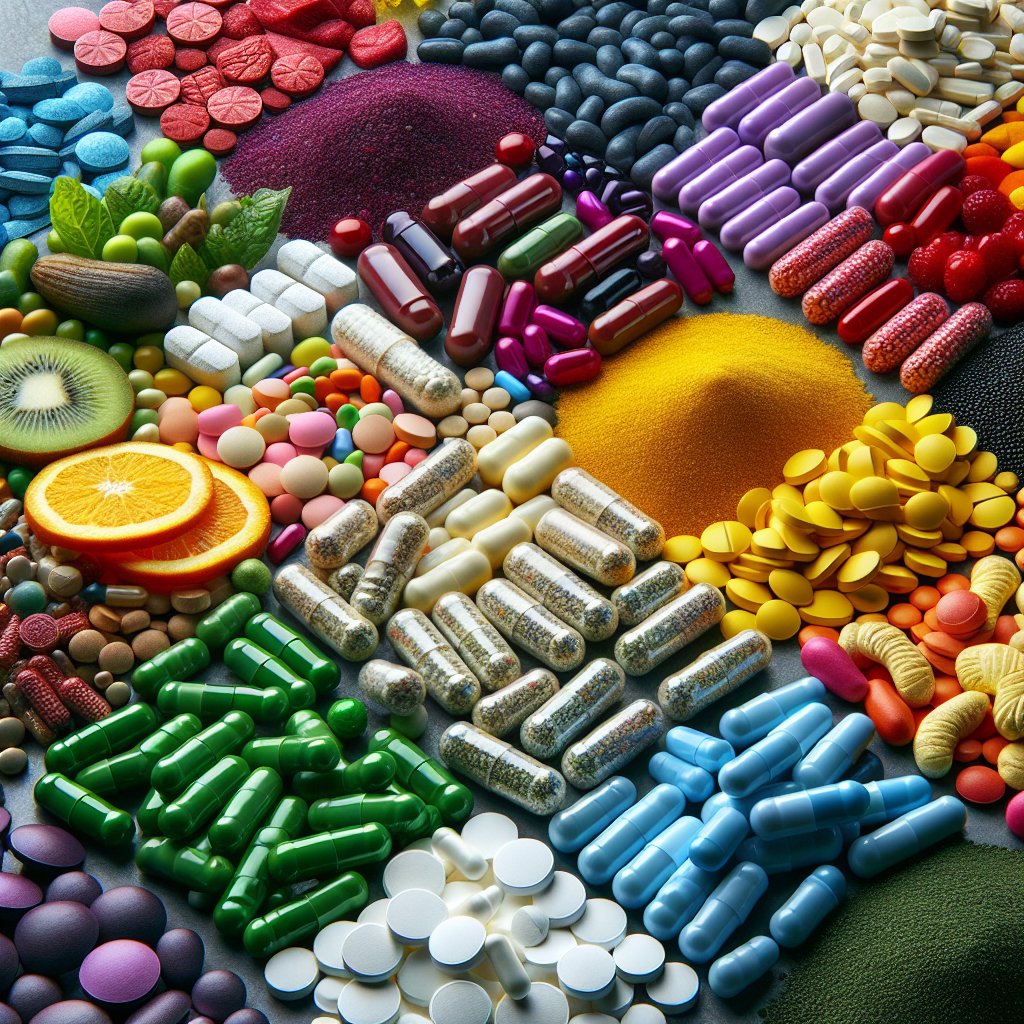Probiotics, the beneficial bacteria that reside in our digestive system, have become a cornerstone in the conversation about gut health. With a burgeoning body of research to back their health benefits, probiotics are more than just a wellness trend; they are integral to maintaining a healthy gut microbiome. This article delves into the latest advancements in probiotic supplementation and how they contribute to repairing and sustaining digestive health.
The Gut Microbiome and Its Crucial Role
Our gut microbiome is a complex and dynamic ecosystem, housing trillions of microbes that influence not just digestion but overall health. It’s involved in numerous bodily functions, from nutrient absorption to immune system modulation. An imbalance in this microbiome, known as dysbiosis, can lead to a myriad of health issues, such as inflammatory bowel disease (IBD), irritable bowel syndrome (IBS), and even impacts mental health.
Probiotic Supplementation: What’s New?
The field of probiotic supplementation has seen substantial progression, with scientific evidence now guiding the development of more targeted and effective products. Here are some of the latest advancements:
Strain-Specific Benefits
Not all probiotics are created equal. Recent research has emphasized the importance of strain specificity. Different strains of probiotics have unique impacts on the gut microbiome and health. For example, Bifidobacterium lactis HN019 has been shown to improve gut transit time, whereas Lactobacillus rhamnosus GG is known for its immune-boosting properties.
Synbiotics: Combining Probiotics and Prebiotics
Synbiotics are supplements that combine probiotics with prebiotics, the non-digestible fibers that act as food for beneficial bacteria. This combination can enhance the survival and colonization of probiotics in the gut.
Microbial Ecosystem Therapeutics
A novel approach in probiotics is the concept of Microbial Ecosystem Therapeutics, which involves introducing a complete community of microbes to restore a healthy gut ecosystem, rather than just single strains of bacteria.
Encapsulation and Delivery Systems
Advances in encapsulation technology ensure that probiotic bacteria can survive the acidic environment of the stomach to reach the intestines, where they exert their benefits.
Personalized Probiotics
The future of probiotic supplementation is personalized. With the advent of microbiome testing, it’s becoming possible to tailor probiotic formulations to individual needs based on their unique gut flora.
The Connection with Digestive Health
Probiotics play a crucial role in digestive health, offering potential benefits such as enhancing intestinal barrier function, modulating the immune system, and providing relief from various gastrointestinal disorders. For a deeper understanding of the essential nature of maintaining digestive health, one can explore the connection between a balanced microbiome and overall wellness.
Integrating Probiotics with Other Health Strategies
To maximize the benefits of probiotics, it’s essential to integrate them with other health strategies. Moderate exercise, for instance, can enhance digestive function and support the growth of beneficial gut bacteria, as discussed in "The Impact of Moderate Exercise on Digestive Function." Addressing diet is also key, with "The Role of Plant-Based Diets in Managing Gastrointestinal Disorders" providing insights into how a plant-based diet can benefit gut health.
External Support for Probiotic Advancements
As the field of probiotics advances, it’s supported by niche and specific resources that delve into the science and application of these beneficial microbes:
- An analysis by the International Scientific Association for Probiotics and Prebiotics (ISAPP) on the strain-specific effects of probiotics.
- A systematic review published in the journal "Nutrients" examining the impact of synbiotic supplementation.
- A research article from the "Gut Microbes" journal discussing the potential of Microbial Ecosystem Therapeutics.
Probiotics and Immunity
Beyond digestion, probiotics have a significant role in the immune system. The article "Strategies to Strengthen Immunity through Gut Health" highlights the interplay between a healthy gut and a robust immune response. Probiotics contribute to the production of natural antibodies and can even inhibit the growth of harmful gut bacteria.
Addressing Specific Digestive Issues
For those struggling with specific gastrointestinal issues, understanding the role of probiotics in managing these conditions is crucial. The research outlined in "Techniques for Effective Management of Chronic Gastrointestinal Pain" suggests that certain probiotic strains may alleviate symptoms of digestive discomfort.
The Future of Probiotic Supplementation
Looking forward, we can expect a continued focus on personalized probiotics, advanced delivery systems, and a deeper understanding of how these microorganisms interact with our bodies. This is not just about taking a supplement; it’s about nurturing an entire ecosystem within us. And as we learn more, the potential for probiotics in promoting gut health and beyond becomes increasingly clear.
In conclusion, the advancements in probiotic supplementation offer promising avenues for those looking to repair and optimize their gut health. By selecting the right strains, combining them with prebiotics, and integrating them with a holistic health approach, we can support our digestive systems and overall health effectively. As research continues to unfold, we anticipate even more personalized and effective solutions to emerge in the realm of gut health repair.



